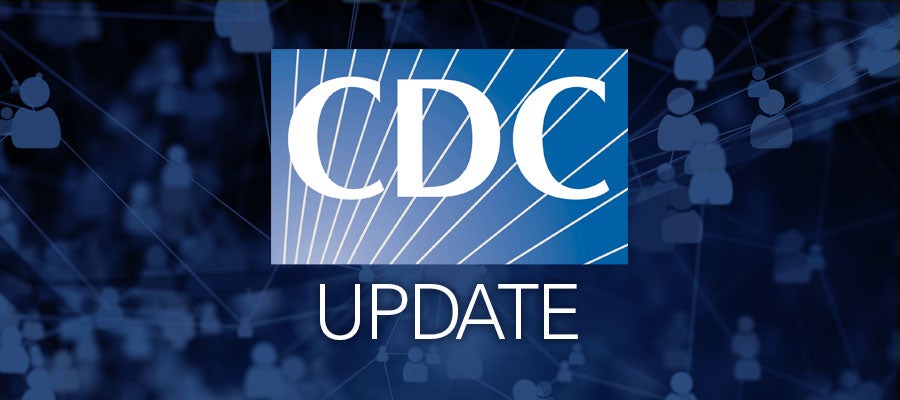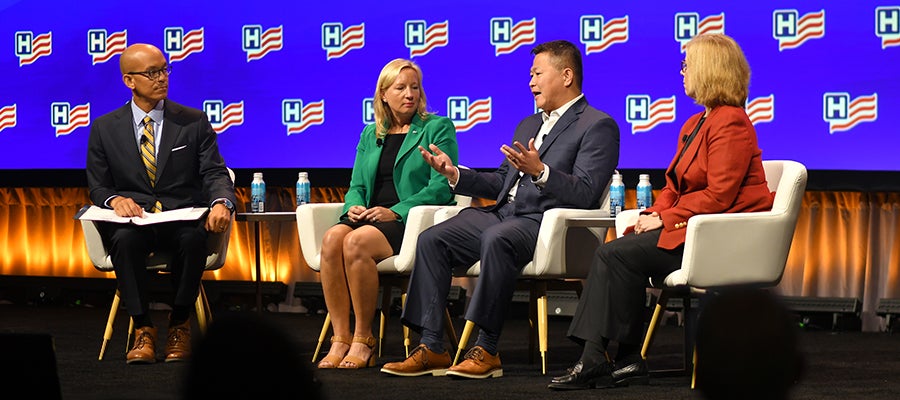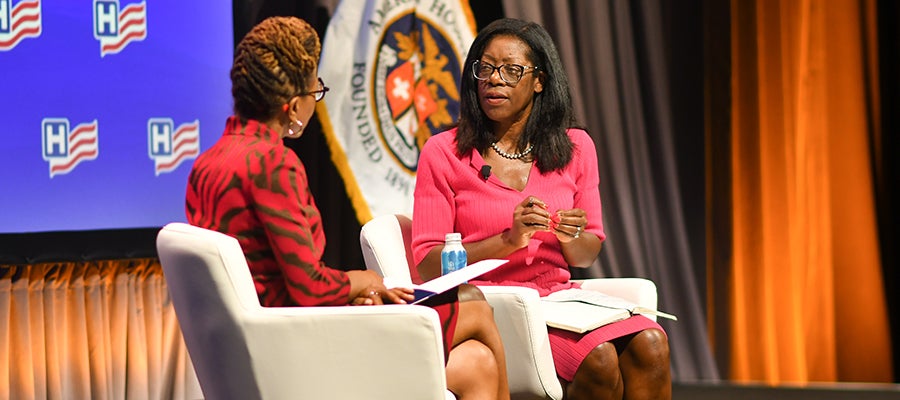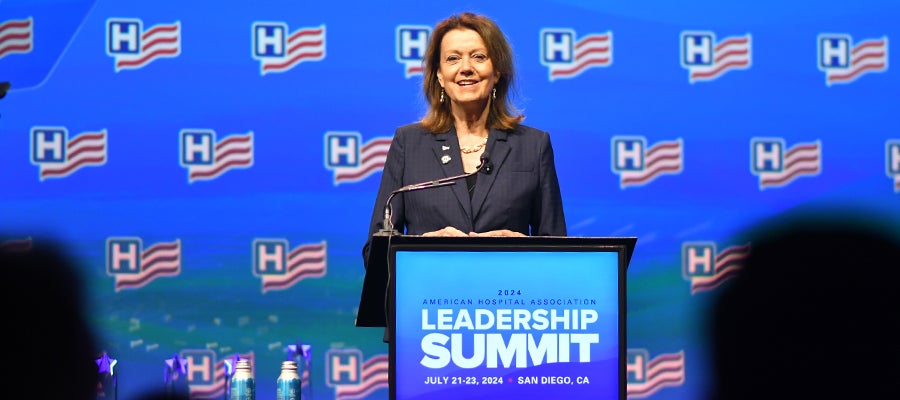
The Centers for Medicare & Medicaid Services today approved a Section 1115 waiver for Arizona that will require certain adults aged 19 to 49 to work or participate in training or community service an average 80 hours per month to continue qualifying for Medicaid.







